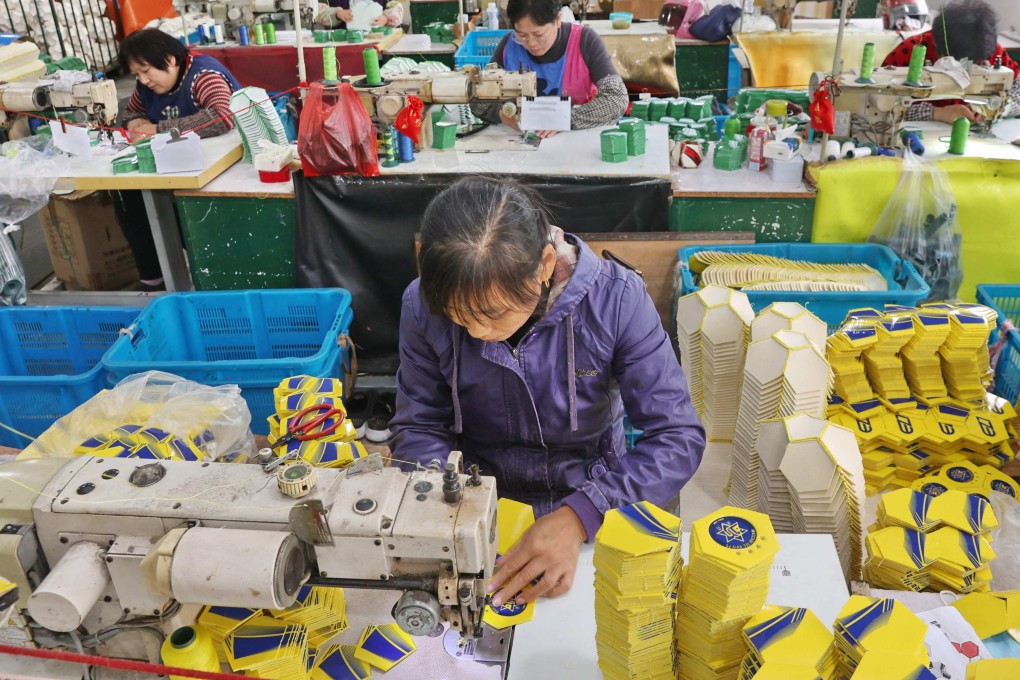As China ‘shifts gears’ on zero-Covid, leaders vow that ensuring economic stability is now top priority
- China will lay out economic priorities for 2023 at the central economic work conference this month, but analysts are already guessing what the GDP growth target will be
- Politburo pledges in tone-setting meeting to optimise pandemic-control measures and ensure that economic operations take a positive turn across the board

As they ease coronavirus controls and pivot towards a reopening, China’s new leadership line-up is looking to prioritise economic recovery while trying to stabilise employment for 2023.
The policy shift, touched on during Tuesday’s tone-setting meeting of China’s primary decision-making body, reflects how Beijing is taking a pragmatic approach and allowing due time for its adjustments to pay economic dividends, particularly amid worsening external demand.
Analysts expect 2023 to be the year in which the new top leadership under President Xi Jinping will consolidate China’s economic recovery, with strong fiscal and monetary support expected until at least midyear, plus more remedy measures introduced to improve market confidence.
“For the next year, we must make economic stability our top priority and pursue progress while ensuring stability,” the official Xinhua reported on Wednesday morning, citing a statement following the Politburo meeting.